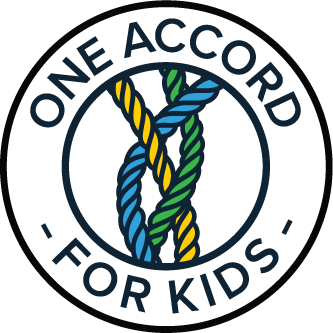Foster Care and Child Welfare Week in Review – August 21, 2023
Here are some news items from last week related to foster care, adoption, and child welfare that caught our eye:
Marta Talbert, with 25 years in child welfare, is appointed as the new head of Child Protective Investigations at the Texas Department of Family and Protective Services (DFPS). This follows a record-high turnover rate of 4 in 10 investigators leaving in 2022. The agency has been grappling with leadership changes due to criticism from a federal judge overburdening caseworkers and risking foster children. Talbert’s appointment comes amid allegations that she was aware of poor working conditions for investigators but didn’t act promptly. Other appointments include Trina Ita as chief strategist for behavioral health and Lea Ann Biggar as CFO.
Deaf and hard-of-hearing children in Texas foster care face significant challenges due to limited accessibility and understanding of their needs. Despite efforts to improve their situation, progress has been slow. Texas’ Department of Family and Protective Services (DFPS) has struggled to accurately track deaf children in the system, resulting in undercounting and communication barriers. The lack of American Sign Language (ASL) interpreters for these children hinders their ability to communicate with caseworkers and other professionals. Moreover, a shortage of behavioral health facilities for deaf children in Texas has led to some being sent out of state for care. Advocates call for dedicated reforms and resources to address these issues and ensure proper care for these children.
A unique coalition, the Texas Foster Youth Health Initiative, is working to provide sexual and reproductive health education to teenagers in the state’s foster care system. Unlike traditional one-time lectures, the initiative holds smaller group discussions covering topics such as sex education, healthy relationships, setting boundaries, and consent. The curriculum is tailored to meet the needs of foster youth, considering their traumatic experiences and shifting living situations. The program is supported by experts in child welfare, violence prevention, sexual health education, and foster parents. It focuses on addressing the disparities and information gaps that foster youth face in terms of sexual and reproductive health.
Sign up for our e-mail updates and social media feeds below to stay informed on challenges and opportunities in our local child welfare system.

